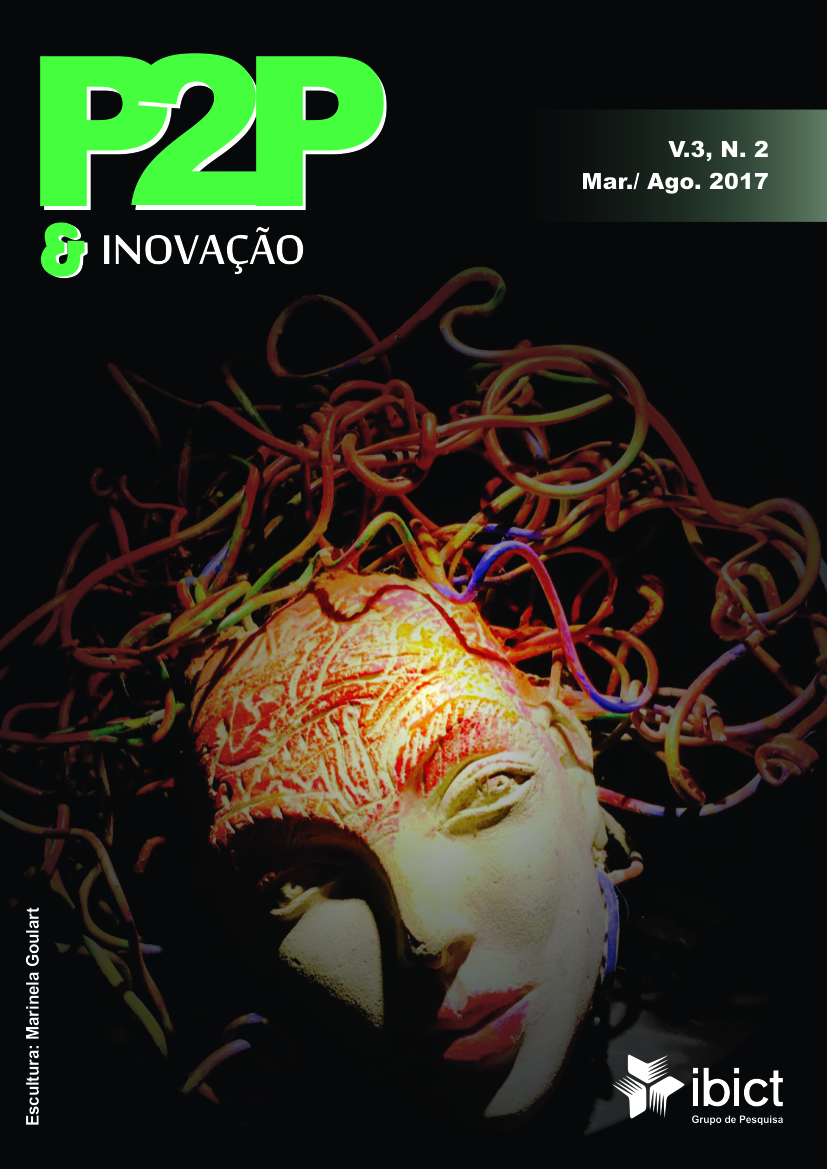THE BELL OF FLIES
DOI:
https://doi.org/10.21721/p2p.2017v3n2.p53-79Resumo
Fighting corruption is world wide a main issue. At stake is the human right on a decent state, rule of law and accountable government. In my paper I focus on our struggle to curb corruption in one of the major cities of Ukraine, Lviv. In that I highlight the unexpected power of moral learning as a critical leverage to curb corruption.
In fighting corruption it makes sense to distinguish between high level and low level, survival corruption, in Russian called Blat. Survival corruption requires a »corrupted« mind: a strategy of moral learning of civil servants. This is not the mind of a malicious, greedy or corrupt civil servant, but a moral strategy to accommodate to (post) totalitarian and oligarchic political institutionalizing in Ukraine. The tragedy of the »corrupted« mind is that it not only helps to survive conditions of corrupt oligarchic political institutions, but also tend to reproduce them. Installing a process of moral learning to deconstruct the Ukrainian, Lvivian moral narrative, and design an alternative moral discourse with civil servants, seems therefore paramount.
Based on seminars on moral learning with about 1500 civil servants in Lviv I first reconstruct this »corrupted« mind as a set of imperatives of organizational moral learning in Lviv City Council. Second I show that these imperatives are path dependent on three critical junctures of political institutionalizing in Lviv: totalitarian, oligarchic and national-democratic. In the 'oligarchic democracy', as Ukraine is called, the experience with totalitarianism still has its hold on the mind of the civil servant, although the totalitarian political institutions in itself no longer exist. This is reflected in the defensive moral reasoning shown in the »corrupted« mind, which I call the Bell of Flies. The thin and selfish morality of the oligarchic path leads only to further delegitimizing and erosion of trust in political institutions in contemporary Ukraine and Lviv, and a possible increase of low level and high level corruption. This makes plausible that breaking this spell of the Bell of Flies, and developing an alternative account of moral learning is crucial for lowering corruption and creating a decent local city administration, rule of law, and accountable City Council.
The national-democratic path, going back to the Ukrainian independence in 1991, the Orange Revolution of 2004, and the Maidan uprising in 2013, is also reflected in the imperatives of the »corrupted« mind. It is the fertile ground for breaking up this self-defeating strategy of moral knowledge and learning and developing a new moral compass with civil servants of Lviv. By this moral learning in Lviv improves the national-democratic role of the civil servant, improves the legitimacy and trustworthiness of the civic administration, and leads to stronger and more just local political institutions.
The main lesson learned from the Lviv experience is that fighting corruption has to be adjusted to the history and local experience of citizens and civil servants. On the one hand by creating communities of moral inquiry in communities of communal practice. On the other hand by historical institutional analysis, reconstructing the path dependence of experiences with corruption. Being a scholar and practitioner - a street scientist - is, so I argue, crucial in winning the fight against corruption.
Downloads
Downloads
Publicado
Edição
Seção
Licença
A revista é publicada sob a licença Creative Commons - Atribuição - Uso Não Comercial - Partilha nos Mesmos Termos 4.0 Internacional.
O trabalho publicado é considerado colaboração e, portanto, o autor não receberá qualquer remuneração para tal, bem como nada lhe será cobrado em troca para a publicação.
Os textos são de responsabilidade de seus autores.
É permitida a reprodução total ou parcial dos textos da revista, desde que citada a fonte.















